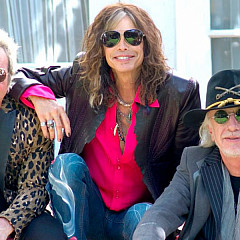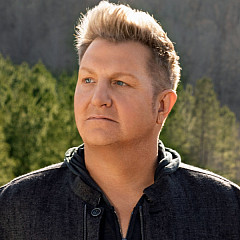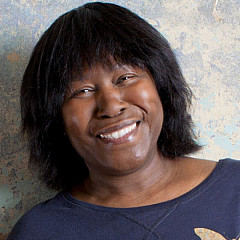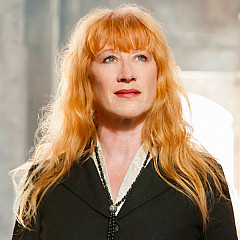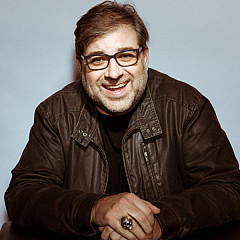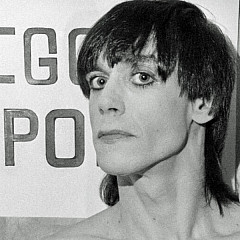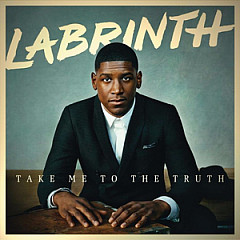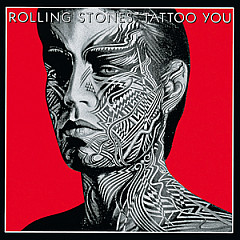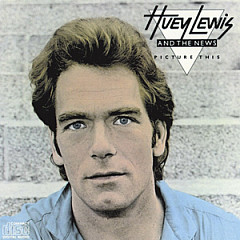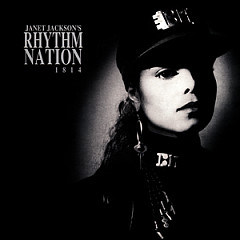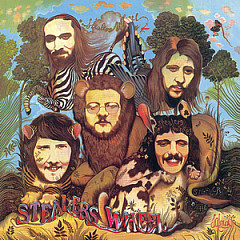A similar compliment can be given to British post-punk trailblazers, Killing Joke. While they haven't sold many albums Stateside, the list of renowned rock acts that have either covered their songs or name-checked them as an important influence is impressive: Metallica, Faith No More, Soundgarden, Prong, Ministry, Helmet, and Nine Inch Nails, among others.
And Killing Joke continues to offer up inspired and memorable music, as exemplified by their 16th studio effort overall, Pylon. Shortly before the album's release in October 2015, the band's singer, Jaz Coleman, spoke with Songfacts to discuss songwriting, the stories behind several Killing Joke classics, as well as the new album (which you will soon read, he holds in high regard compared to its predecessors).
 Greg Prato (Songfacts): Let's start by discussing the album Pylon. How does it compare to previous Killing Joke albums?
Greg Prato (Songfacts): Let's start by discussing the album Pylon. How does it compare to previous Killing Joke albums?Jaz Coleman: Some things get better with age, and it's certainly our playing. We play really tight together as a band. We've grown together and it's a very interesting chemistry happening. And you can hear it. I think it's a very direct record, Pylon.
Songfacts: Does the album title have any special meaning behind it?
Jaz: It's kind of a metaphor for full-spectrum dominance, and you can take it as you will.
Songfacts: How does the songwriting work primarily in Killing Joke?
Jaz: We've kind of mastered it now. It works best when we break it down to just Geordie [Walker, guitarist] and myself, and then Youth [Glover, bass player] pops in every two weeks, and we put the drums on at the end. That's how we did 2003 [the group's second self-titled release] and this one, and it was a fantastic approach with us, as opposed to getting everybody in one room.
We tried that, and it we didn't get as good results at the beginning of the session, so we paired it down to just Geordie and myself, and then Youth would come in periodically. It started in October and finished in January, the recording.
Songfacts: To what do you attribute your long-standing musical relationship with Geordie?
Jaz: He has been the one who has been at every damn rehearsal, every damn gig - all the way through. He's just irreplaceable. He sounds like three guitarists. He's not a national treasure, he's an international treasure! [Laughs] So I feel blessed I have to say, on reflection, to have spent over half my life with him.
Songfacts: I feel that he sometimes doesn't get the credit he deserves for his guitar talents - he has an original and recognizable playing style.
Jaz: I think you'd be surprised. I don't look at life like that - we're happy with what we've got. We've always looked at it like that. I mean, I've never had aspirations to be a stadium band. If things do well, I just book another night at a smaller venue.
You have to know the things that make you happy I guess, don't you really? Life's good. I don't cover anybody else's life. It's good where we are in spite of all the problems in the world.
Jaz: I'm an animist - it's the only way I can describe this song. I look at the movement of the clouds and stars, and I look at random formations of anything, and I read things into it, you can say.
I sometimes question the universe, and sometimes the clouds part and a ray of sunshine hits my face, as if an answer. And it's this sense that we're on a wave, that we're doing the right thing, that we're meant to be here now, doing what we're doing. This sense of it isn't how bad the world seems - there's everything to live for. Because if you look at the verses there, the verses are absolute depression, and then we lift up in that chorus. It's a very special song. I do love it.
Songfacts: "Autonomous Zone"?
Jaz: "Autonomous Zone" is a song of how I view a Killing Joke concert, which is "We've hired this venue, so we're going to have a party and do what the fuck we want." [Laughs] It's a free zone to do anything we want, to think what we want. It's the idea of the gathering that it can be. It can be anything: it can be a debate, it can be a concert, it can be some DJs, it can be a speaker. But an autonomous zone is a place for free speech.
Songfacts: "Pandemonium"?
Jaz: If you take the root word of "pandemonium" or "panic," it tends to be "pan," doesn't it? It's basically a force of nature. At the time that we did Pandemonium, we were getting really into the chaos theory, and it was the beginning of the multiverse, and discussing wonderful ideas like this. And of course, we met lots of scientists and thinkers at that time.
And also pandemonium was linked to the sounds that we wanted to make - it's as simple as that, really. There's chaos in Killing Joke, and there's something chaotic about our music, as it linked to the word pan or pandemonium - the etymology of it.
Songfacts: "Love Like Blood"?
Jaz: That's an interesting one. That was inspired by the author Yukio Mishima, who wrote The Samurai Ethic and Modern Japan. He was a great author. It was his views on writing with your blood as an artist that really inspired me. It's a metaphor for the commitment an artist must take to his art form. And I loved the warrior principal, to freedom with blood, if you like. When I was reading Spring Snow, one of Mishima's novels, I really couldn't speak for 24 hours after reading that book - it hit me so hard. And it inspired me at the same time.
The song itself was a distillation of everything that we hold dear, and one must aspire to walk and talk what you write about in your songs - actually live it. That's the other part of art, isn't it? You can't just be conceptual, writing songs. It's the way you live your life, as well. It's as important as the way you play your instruments or the music you create. This is just as important.
Songfacts: "Eighties"?
So we took the latter option, and had such a good time there. What transpired is the next morning, I said to this couple, "Can I come back to this house again, to do some writing? I've had such a good time here." And they were very kind and said, "You could." After the tour, I got a flight back to Geneva, and went to this wonderful house again, and of course, Raven [Paul Raven, Killing Joke bass player at the time] was there - he'd done the same thing! [Laughs] So a new chapter started in Switzerland.
That song I remember was written in the house, and I still live in that house. I've still got a room in that house. That song was written upstairs.
That song, of course, became "Come As You Are" for Nirvana. I think of the repercussions of that song and how I went upstairs to the little room where Geordie had his amp. I remember when he knocked that riff out, it was so memorable, it kind of embodied everything that was happening at that time.
And at that time, I was reading Edward Bulwer-Lytton's The Coming Race, and that line is in the song: "I'm in love with the coming race." So it was looking forward to the trans-human future that is upon us now.
Songfacts: "The Wait"?
Jaz: That song was written after we played up north in England, and we saw this river that was so polluted. It had detergent floating down in it, and there was dead fish everywhere. I'll never forget it. It was just heartbreaking.
And of course, that line is in there: "I look at the river, white foam floats down." And that's what really sticks in my mind, because that song came out of just looking at that polluted river. And we're serious fisherman too, so it was upsetting.
Songfacts: Who are your favorite singers and songwriters?
Jaz: In which genre? I guess it's songs as opposed to whole careers. I like the third, the fifth, the seventh, and the ninth of the Beethoven symphonies. I guess that's not the answer that you want to hear, is it? [Laughs]
In terms of bands, well, there doesn't seem to be an awful lot of experimentation happening anymore like there used to be. But contemporary music now, nothing. I don't hear anything I like at all. And half the motivation for being in a band is making music you can't find anywhere else.
October 29, 2015
More Songwriter Interviews

